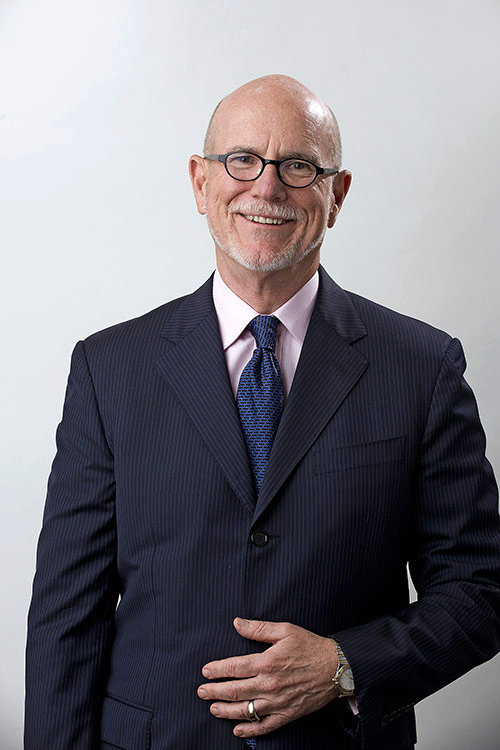Name: Marlis J. Saleh
UChicago Degree: Ph.D. 1995 in Islamic History from the Department of Near
Eastern Languages and Civilizations
Current Position: Bibliographer for Middle East Studies at Regenstein Library
Tell us about your work. What is your current position? What do you do on a daily
basis?
I am the Bibliographer for Middle East Studies at Regenstein Library here at the University of Chicago.
My core responsibilities here are collection development and patron reference and instruction. I decide which resources in the field of Middle Eastern Studies the library will purchase; these could be books and journals, but also various types of electronic resources, films, etc. Then I assist patrons in locating and using these resources, as well as relevant resources outside of the library. I often meet with students one-on- one to discuss a project they are working on and the best means for obtaining the materials they need to complete the project. I also give workshops and class sessions to instruct students in the best methods for accessing the really incredible resources the library has to offer them. I work with faculty as well regarding both their own scholarly research and resources they need for their teaching.
I am active in the Middle East Librarians Association, serving on the executive committee, and also I am the editor of the association journal, MELA Notes. I solicit and evaluate articles for the journal, and edit the articles, book reviews, and association meeting records to prepare the journal for publication. The other journal that I edit is Mamlūk Studies Review, which is a peer-reviewed scholarly journal devoted the study of the Mamluk Sultanate of Egypt and Syria (1250–1517) which began publication in 1997. This is part of a suite of scholarly endeavors related to the study of the Mamluk Sultanate hosted here in the Middle East Department, which now includes in addition to the journal our Chicago Online Bibliography of Mamluk Studies and the School of Mamluk Studies, which organizes a scholarly conference and intensive workshop in a different international city each year (this year, for instance, it was in Beirut, and it will be in Ghent, Belgium, next year).
How did you make the transition from doctoral study to working in libraries?
After I completed my Ph.D. I worked briefly in a corporate position in the Loop, quickly realizing that it was not for me. It was very fortunate that at that time my predecessor in this position contacted me about an opening here at the library. I came here to the department and realized that this was the perfect setting for me. Working in an academic library is an alternate path to participating in the academic life.
What skills that you developed during your doctoral studies have proven valuable in your
current role?
The experience that I gained from my own doctoral studies has proven invaluable to me in my current role. The skills that I developed in taking classes, preparing for exams, and researching and writing a dissertation are exactly the skills that I can assist the next generation of students in developing. The subject expertise that I acquired and continue to develop allows me to assist patrons in a way that goes beyond technical knowledge of how, for instance, the library catalog works. And the fact that I did my work at this very library gives me an added dimension of a deep familiarity with the resources available here and how best to access them.
What advice do you have for current Ph.D. students looking to launch a career in library
science?
This is a really exciting time in the field of library science—libraries continue to expand their conception of what their role is in assisting students and faculty members to succeed in their learning, scholarship, and teaching. I would advise current Ph.D. students who think they might be interested in a library career to continue their best efforts to accomplish their own scholarly goals, but also to educate themselves on newly emerging trends in scholarship such as digital humanities.


